First Publishedon 05 February 2021. Updated on 06 October 2024
‘To detach nature from economic reasoning is to imply that we consider ourselves to be external to nature.’
'Our economies, livelihoods and wellbeing all depend on our most precious asset: nature. We are part of nature, not separate from it.'
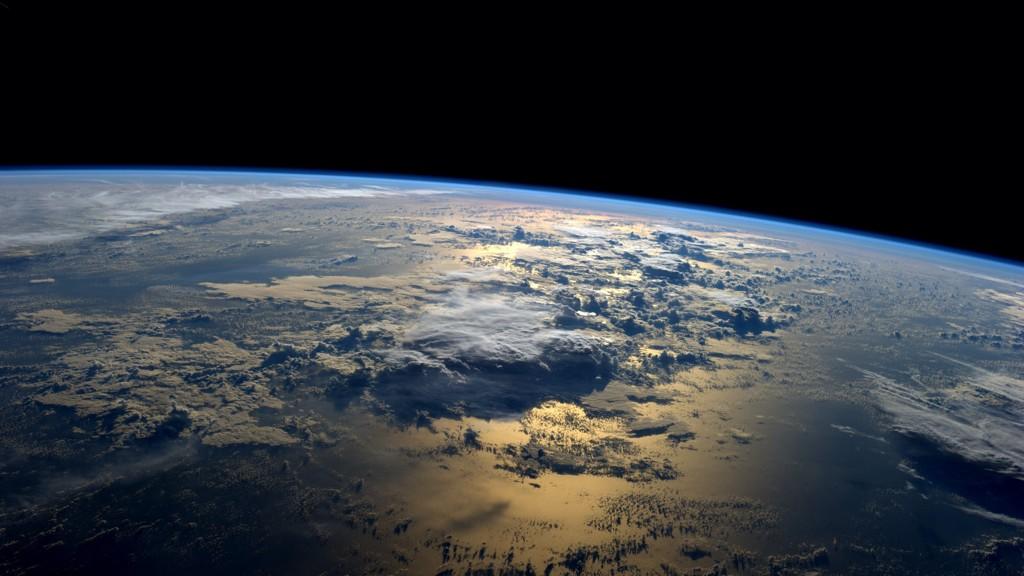
Earth seen from above.- Photo:nasa.gov
‘Respected Mother, you have children who are proud of themselves as brilliant mathematicians, skilled artisans, gifted architects,{genius economists, the know it all academicians- Emphasis added} but few are able to see that you are the greatest mathematician, the most accomplished artisan,the most talented architect, and {the wisest economic teacher that has ever been- Emphasis added}. We only need to look at a branch of cherry blossoms, the shell of a snail, or the wing of a bat to see this truth. We have talented artists, but how can our paintings be compared to the works of art that you reveal to us in the four seasons? How can we paint such compelling dawns or create such radiant dusks? Our musicians are geniuses, but how can our songs measure up to your wondrous orchestra of Earth and Sky, or the magnificent sound of the rising tide? We have brave soldiers, knights, and heroes who have endured extreme heat and cold and traversed mountains and rivers, but how many of us have your patience and capacity to embrace? We have great love stories, but who among us has your immense love that includes all beings without discrimination?’- Adapted from Love Letter to the Earth by Thich Nhat Hanh- Continue to read HERE
Economics and a sustainable world: What to teach our students?
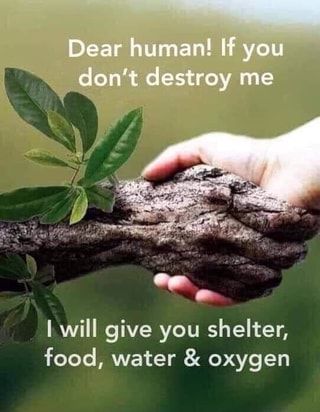
Photo: Via Pinterest
Nota bene
‘In all my academic life, spanning over four decades, I have been dismayed, frustrated and overwhelmed with pain to notice that our education model has not embraced the beauty and the wisdom of our mother nature and our sacred earth, incorporating them into the teaching curriculum.
This, to my mind, has seriously deprived the students, our future leaders, or indeed, our current leaders, to get a wholesome, values-led education, and thus, has prevented them, to vision and implement policies to heal our world, to better our lives.’
At times of chaos, crises, and disorder, as it is today, in this rapidly changing world, faced with many environmental challenges, ecological degradation, and social inequalities, to name but a few, the role of economics education in shaping and inspiring students- our future leader- is more critical than ever. If we wish to aspire them to become the architects and builders of a sustainable future, it is essential to (re)evaluate what we teach our students about economics and its implications for the world we live in.
My Plea to my fellow academic economists: Make your classrooms the regions of hopes, dreams, kindness, empathy, and beauty and let poets and philosophers of love be your sources of inspiration in all you do and in all you teach.
You should open your eyes and look beyond economics to the beauty and wisdom of Mother Nature and in the timeless, precious words of William Wordswoth, ‘Let Nature be Your Teacher’ and ‘Make Economics ‘A Thing of Beauty’ and Build a Better World’.
This moment creates an opportunity to bring about a better future for ourselves, our children, and grandchildren
An open letter to all my fellow academic colleagues: Make Education ‘A Thing of Beauty’
World in Chaos and Despair: A Manifesto for Education to Build a Better World
World in Chaos and Despair: Let Wordsworth be Your Teacher
Journey to Healing: Let Me Know What is Essential
Detaching Nature from Economics is ‘Burning the Library of Life’

Photo credit: Ancient World Magazine
‘We are facing a global crisis. We are totally dependent upon the natural world. It supplies us with every oxygen-laden breath we take and every mouthful of food we eat. But we are currently damaging it so profoundly that many of its natural systems are now on the verge of breakdown. Every other animal living on this planet, of course, is similarly dependent. But in one crucial way, we are different. We can change not just the numbers, but the very anatomy of the animals and plants that live around us. We acquired that ability, doubtless almost unconsciously, some ten thousand years ago, when we had ceased wandering and built settlements for ourselves. It was then that we started to modify other animals and plants…
‘Economics is a discipline that shapes decisions of the utmost consequence, and so matters to us all. The Dasgupta Review at last puts biodiversity at its core and provides the compass that we urgently need. In doing so, it shows us how, by bringing economics and ecology together, we can help save the natural world at what may be the last minute- and in doing so, save ourselves.’- These are the opening and the concluding paragraphs of The Foreword by Sir David Attenborough to a landmark study ‘The Economics of Biodiversity: The Dasgupta Review’ published February 2021.
"We need a new way of thinking, one that tightly links the human-made world of economics and politics with the natural world of climate and biodiversity and with the designed world of 21st century technology. Consider my own home field of study, economics. Sometime in the 19th century, economics largely dropped its traditional attention to land, water and food, as industry replaced agriculture as the leading economic sector. Economists decided, by and large, that they could ignore nature – take it “as given” – and instead focus on market-based finance, saving, and business investment. Mainstream economists derided the claims of “limits to growth.”
“Of course this was never correct; economies have always depended on what we now call “natural capital.” Yet the complete separation of economics and nature was the predominant way of economics thinking and teaching until very recently. Libertarian free-marketers in the US and UK hold to this day that climate change must be a hoax because if it were true it would overturn the laissez-faire economic philosophy”- Jeffrey Sachs, former director of The Earth Institute, Columbia University and author of The Age of Sustainable Development
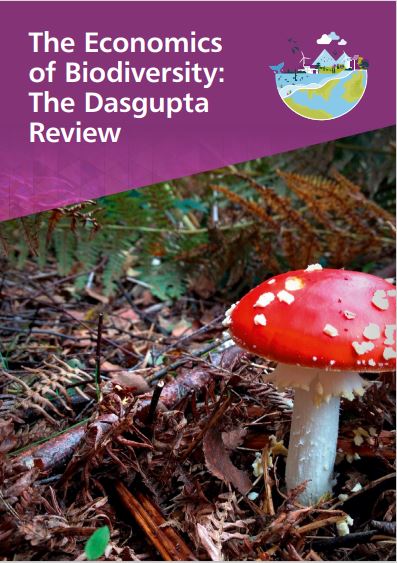
Photo: Gov.UK
‘We are embedded in Nature” and “nature is more than a mere economic good’
‘Nature nurtures and nourishes us, so we will think of assets as durable entities
that not only have use value, but may also have intrinsic worth’
The Dasgupta Review calls for urgent and transformative change in how we think, act and measure
economic success to protect and enhance our prosperity and the natural world.
'It’s time to say farewell to one of the biggest and longest running myths in the economy: that social development must come at the cost of nature.
That this dichotomy is false has long been articulated and promoted by the conservation movement, but to little avail.
Around the world, countries and businesses have continued to empty natural resources for short-term economic profit.
Now, more than ever, someone needed to tell them this cannot continue – but who would they listen to?
This is where the Dasgupta Review on the Economics of Biodiversity comes in.’- Prof. Alexandre Antonelli, Director of Science at Kew Gardens
Nature is our Greatest Life Asset
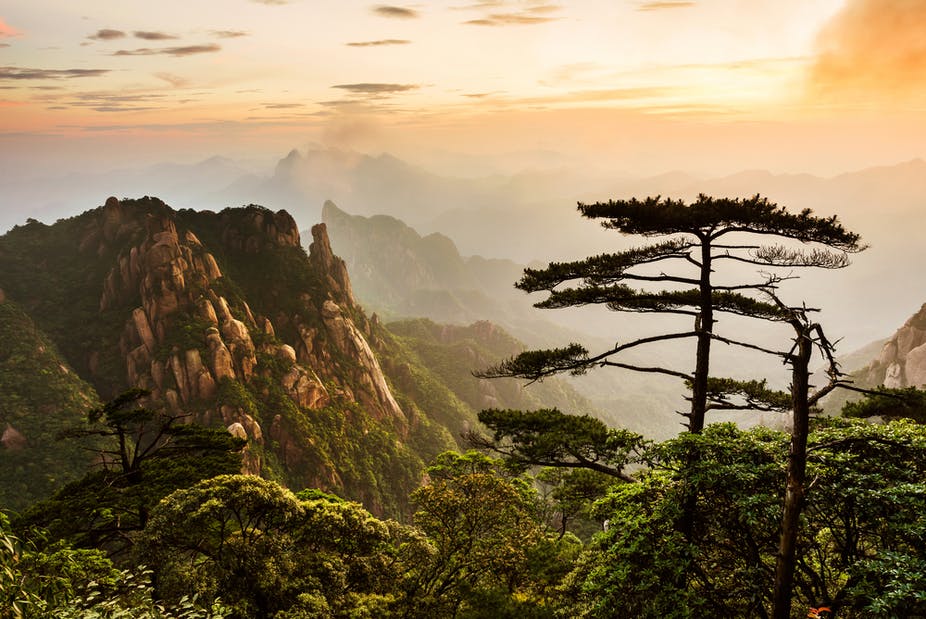
Photo: The Conversation
‘To detach nature from economic reasoning is to imply that we consider ourselves to be external to nature.’
'Our economies, livelihoods and wellbeing all depend on our most precious asset: nature. We are part of nature, not separate from it.'
These are the opening lines of a newly published landmark review of the economics of biodiversity.
The Economics of biodiversity review: what are the recommendations?
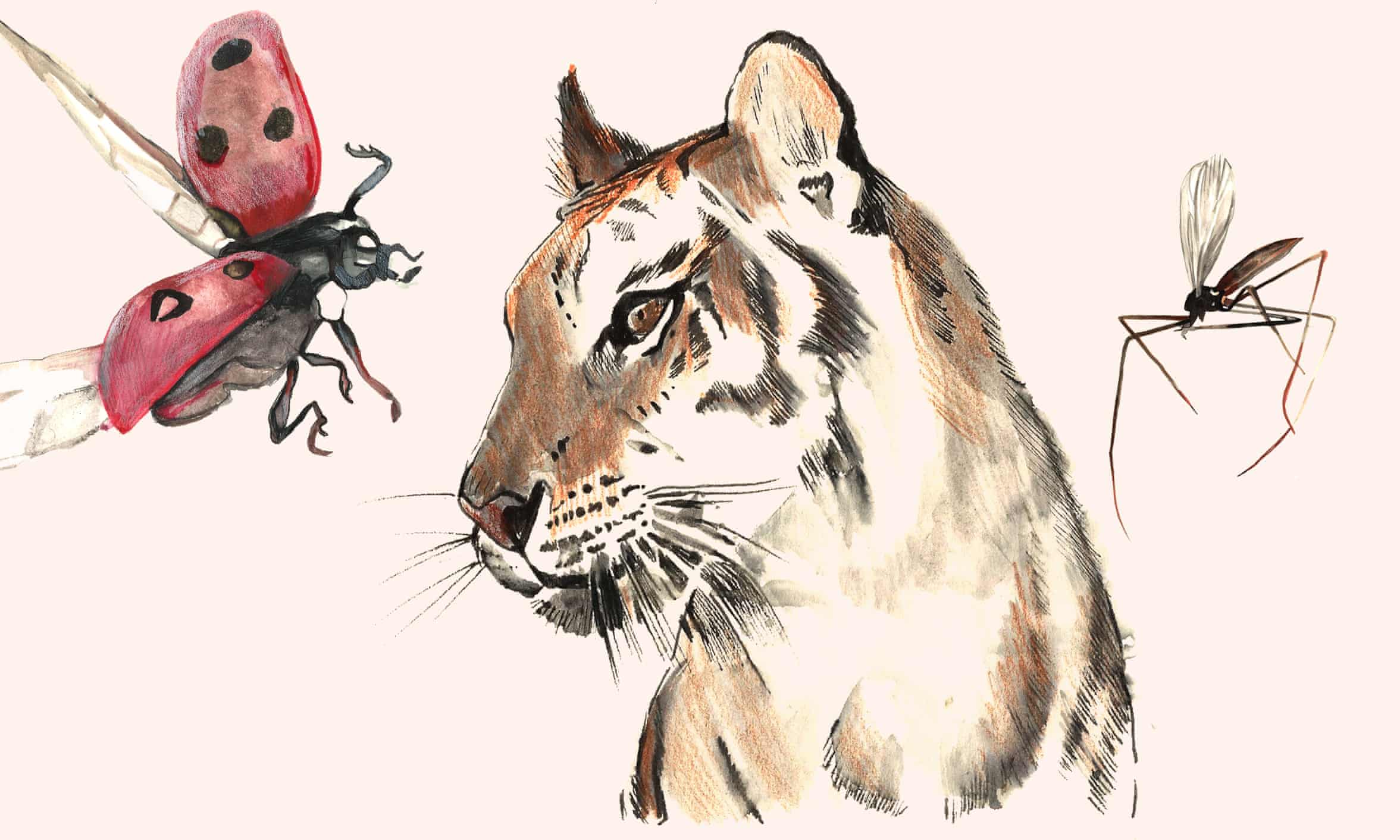
Photo: What is biodiversity and why does it matter to us?/ Via The Guardian
First and foremost: The report recommends that ‘GDP should be ditched as a measure of wealth and nature valued to protect wildlife and humans. The use of GDP “is based on a faulty application of economics” because it measures the flow of money, not the stock of national assets. Introducing natural capital into national accounting systems would be a critical step.’
Then the report notes that: ‘Instilling an appreciation of nature through education is vital in a rapidly urbanising world. The discipline to draw on nature sustainably must, ultimately, be provided by us as individuals. Many people have grown distant from nature. Our education systems should introduce nature studies from the earliest stages of our lives, and revisit them in secondary and tertiary education.’-- WOW! This is music to my ears!
Nota bene
Before I proceed further, I must note my happiness and joy of reading the two vitally important recommendations above, which have occupied my mind, my heart and my research over the last couple of decades. I have noted these in detail elsewhere. For the purpuse of now and this posting it suffices to note the following:
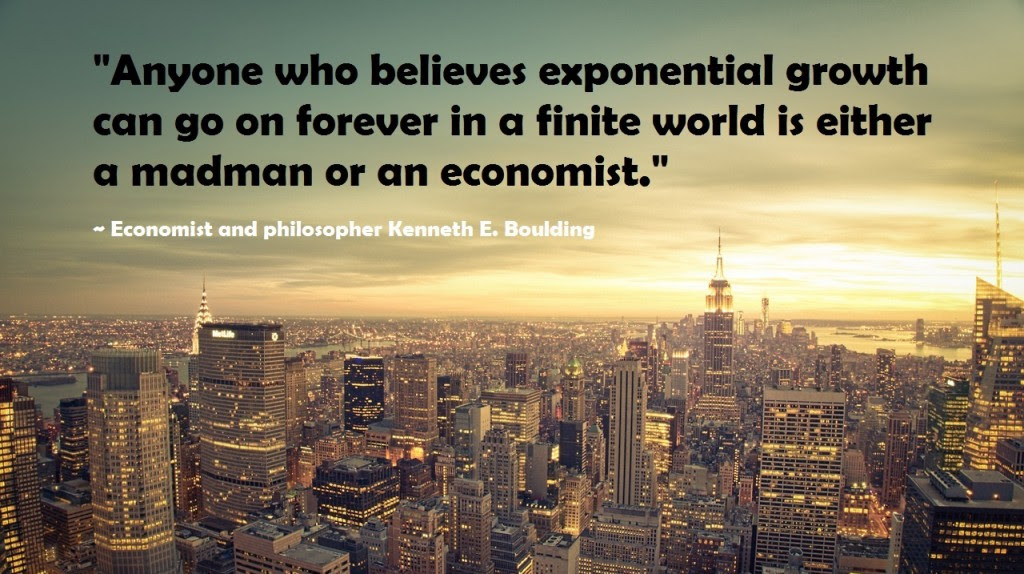
Photo:bing.com
The madness of the never ending economic growth
We have to look beyond the madness: we should invest in everyday services to create a society run for collective good
The Growth Delusion and Confusion, The GDP Measurement: lies, damned lies and statistics
We must do better, much better. Why?
Economic Growth: The Index of Misery
The Case for Degrowth: It is urgent, necessary, and greatly needed for our survival
......
Re-Connecting the World’s Children and Young People with Nature
‘When there is no Mother Nature Present- There is no Balanced, Values-led Education’
'Educating the mind without educating the heart is no education at all.'- Aristotle
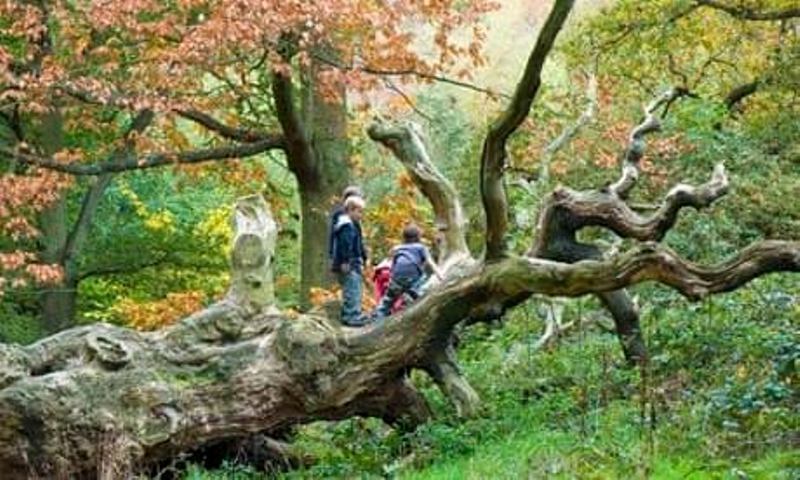
Young children play on a tree on Hampstead Heath, London. Four out of five children in the UK
are not adequately'connected to nature'.- Photo: Gregory Wrona /Alamy/Via The Guardian
‘In all my academic life, spanning over four decades, I have been dismayed, frustrated and overwhelmed with pain to notice that our education model has not embraced the beauty and the wisdom of our mother nature and our sacred earth, incorporating them into the teaching curriculum.
This, to my mind, has seriously deprived the students, our future leaders, or indeed, our current leaders, to get a wholesome, values-led education, and thus, has prevented them, to vision and implement policies to heal our world, to better our lives.’- Kamran Mofid
The Time is Now to Explore the Benefits of Nature-Based Education in Our Teaching Models
By Forgetting Mother Nature- We have Now Ended Up with This unenviable World
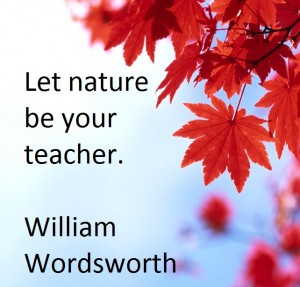
Photo:bing.com
On the 250th Birthday of William Wordsworth Let Nature be our Wisest Teacher
In this troubled world let the beauty of nature and simple life be our greatest teachers
Nature the Best Teacher: Re-Connecting the World’s Children with Nature
A Sure Path to build a Better World: How nature helps us feel good and do good
Nature is the model to teach business how to thrive
The healing power of ‘Dawn’ at this time of coronavirus crisis
......
And now continuing with the Economics of biodiversity review: what are the main recommendations?
‘The world is being put at “extreme risk” by the failure of economics to take account of the rapid depletion of the natural world and needs to find new measures of success to avoid a catastrophic breakdown, a landmark review has concluded…
‘Prosperity was coming at a “devastating cost” to the ecosystems that provide humanity with food, water and clean air. Radical global changes to production, consumption, finance and education were urgently needed’
‘’The review urges the world’s governments to come up with a different form of national accounting from GDP and use one that includes the depletion of natural resources. It would like to see an understanding of nature given as prominent a place in education as the “three Rs”, to end people’s distance from nature.
‘Nature is our home. Good economics demands we manage it better,” said Dasgupta. “Truly sustainable economic growth and development means recognising that our long-term prosperity relies on rebalancing our demand of nature’s goods and services with its capacity to supply them. It also means accounting fully for the impact of our interactions with nature. Covid-19 has shown us what can happen when we don’t do this.’
‘Humanity’s impact on the natural world is stark, with animal populations having dropped by an average of 68% since 1970 and forest destruction continuing at pace – some scientists think a sixth mass extinction of life is under way and accelerating. Today, just 4% of the world’s mammals are wild, hugely outweighed by humans and their livestock.’
‘The report said almost all governments were exacerbating the biodiversity crisis by paying people more to exploit nature than to protect it. A conservative estimate of the global cost of subsidies that damage nature was about $4tn-$6tn (£2.9-£4.4tn) a year, it said. “Humanity faces an urgent choice. Continuing down our current path presents extreme risks and uncertainty for our economies.” the review said.
......
Ten Steps to Successfully Build the Library of Life
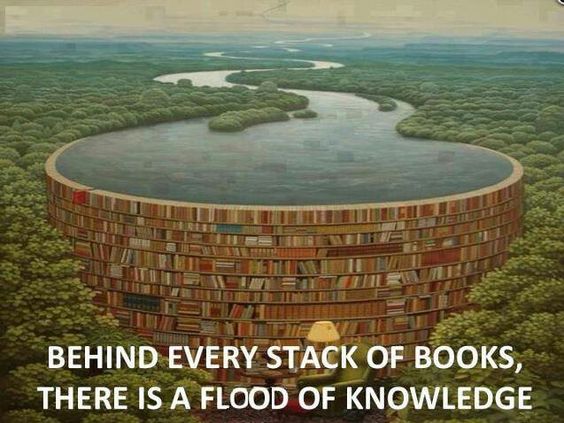
Photo: Dream world painting by Jacek Yerka webneel.com
